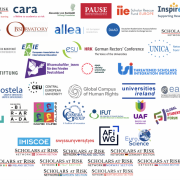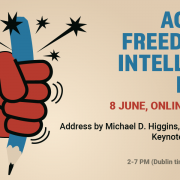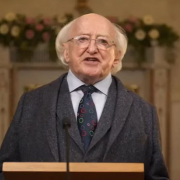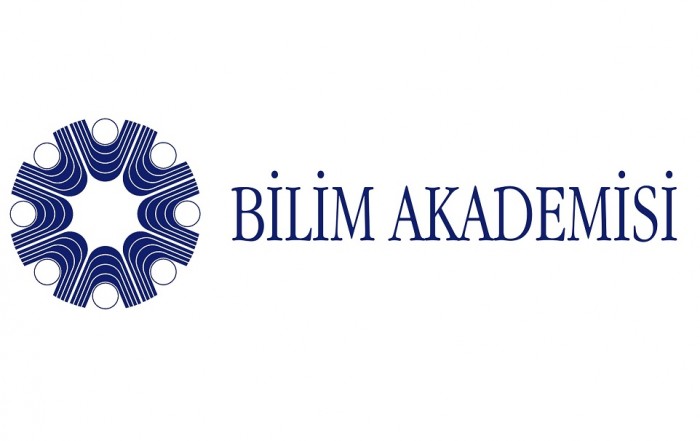ALLEA Endorses Statement Calling for Action to Help Researchers in Afghanistan
ALLEA has endorsed a statement by Scholars at Risk Europe calling on European Governments and EU Institutions to help scholars, researchers, and civil society organisations in Afghanistan. The joint call urges to secure their lives and careers and proposes some concrete recommendations to take action.
The appeal has been supported by 50 higher education organisations across Europe. Specifically, the signatories seek immediate action from European Governments and EU institutions to:
- Continue evacuation flights for as long as possible so as to include scholars, students, and civil society actors who have supported the forward-looking, pluralist vision of Afghanistan that the EU, European governments, NATO partners and other international and civil society organisations embraced. Do not end flights until all are safely outwho wish to leave the country.
- Increase resettlement quotas to help those in need of international protection, including researchers, scholars, and civil society actors. Ensure international protection is provided to current Afghan protection applicants through an expedited process, and prioritise and expedite family reunification applications.
- Create expedited complementary legal pathways for candidates who demonstrate an existing host institution, job, or sponsor, including for families, that would facilitate their arrival and earliest adjustment. Many European higher education institutions are ready to host scholars in temporary positions; capture that opportunity by expediting the processing of individuals for whom they are ready to step forward, and providing logistical support.
- Waive any intent-to-return and home residency requirements that may apply to visa applications for Afghan scholars and researchers for the foreseeable future. Barring full waiver, issue authoritative guidance to consular and border officials supporting a determination of satisfaction of the intent to return by showing a willingness to return in the absence of the Taliban, or a credible, durable and rebuttable demonstration that the individual would be able to return and live safely under the Taliban.
- Establish a dedicated EU fellowship scheme for researchers and scholars at risk, including scholars, students, and civil society actors from Afghanistan, especially women and ethnic and religious minorities, to undertake fellowships, lectureships, researcher positions, or temporary academic positions at European higher education institutions. See the EU-funded Inspireurope project recommendation for a dedicated scheme here. Some funds for such streams might be redirected from existing funds budgeted for Afghanistan programming, but which may not be possible to expend under the current conditions. Nevertheless, new funds will be required to meet the most urgent needs.
- Establish dedicated national fellowships for researchers and scholars at risk, including scholars, students, and civil society actors from Afghanistan, similar to existing national fellowship programmes run by the PAUSE programme in France and the Alexander von Humboldt Foundation’s Philipp Schwartz Initiative in Germany.
You can read the full statement here. Scholars at Risk (SAR) is an international network of over 500 higher education institutions in 40 countries, including over 350 in Europe, whose core mission is to protect threatened scholars and intellectuals. The organisation is inviting higher education institutions willing to host at-risk individuals from Afghanistan to complete a survey here.
For further information on ALLEA’s activities on academic freedom, you can read our dedicated website page.






